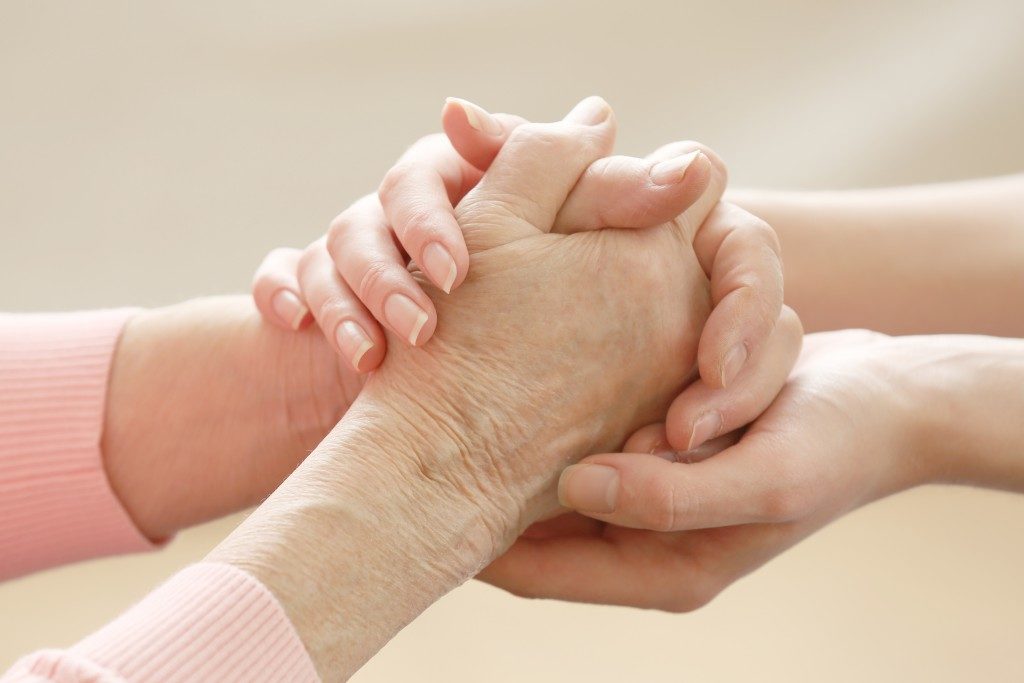Disclaimer: What Liberty Ate. This site provides food and drink content for informational purposes only.
Taking care of someone you love who could die anytime soon can be difficult physically and emotionally. Whether it is mainly due to old age or terminal illness, preparing yourself to care for them and their eventual passing is not easy at all. Our loved ones deserve the best care, but how do we give it to them? Here are some ways that could help.
Prepare yourself
Usually, it can be easy to undermine the emotional toll that comes with caring for a dying loved one, but you must take care of yourself first so you can give all the care you could to them. This preparation may not only be about their illness as it is also about their imminent death. Allow yourself time and space to cope. Empathy is needed when caring for someone ailing, and providing that could be easier when you know how to cope with the situation.
Talk about the end
It may seem awkward to talk about at first, but you have to discuss death and dying. Hesitation or putting off the talk could even add stress to the patient and also to you. Your loved one is surely thinking about it, so just wait for them to open up the topic instead of initiating the conversation yourself. When you do get to talk, ask them how they would want to spend their last days. Depending on the person, they may want to spend it at home or under hospice care. Give them ample support in whatever they choose and make sure that they spend the rest of their lives comfortably.
Get help

If the patient chooses to spend their last days at home, you might have to adapt the place according to their needs. Equipment such as a hospital bed, a commode toilet, a hoist or an active mattress may be necessary for comfort and mobility. Most of the time, people who are terminally ill require help to complete even the most basic tasks, such as washing, getting in and out of bed, eating, and going to the toilet. If those who live with a terminally-ill patient are too busy to assist them all the time, you may want to consider hiring a professional nurse or caregiver for them.
Legal documents
Being emotionally prepared and taking great care of them are not enough preparation for your loved one’s final hour. Do not forget to be mindful of the documents necessary for end-of-life legal decisions. For one, a living will or advance directive is where people describe their wishes for medical treatment at the end of their lives. There is also the healthcare power of attorney that appoints who makes healthcare decisions on behalf of your loved one when they are no longer capable. To best carry out their wishes, you need to respect their end-of-life decisions.
It may not be easy at first, but you have to face the reality that your loved one is about to die soon. Make peace with the situation and be calm about it. A peaceful attitude just might be what mostly makes your loved one comfortable in their final days.

